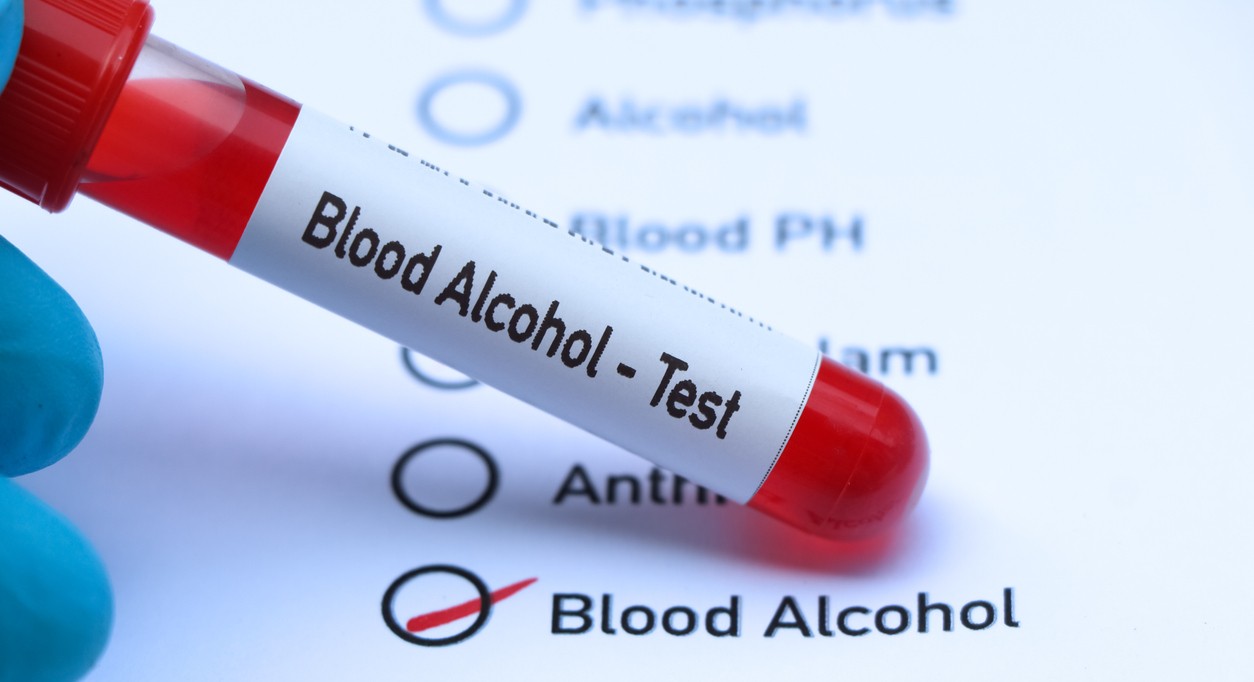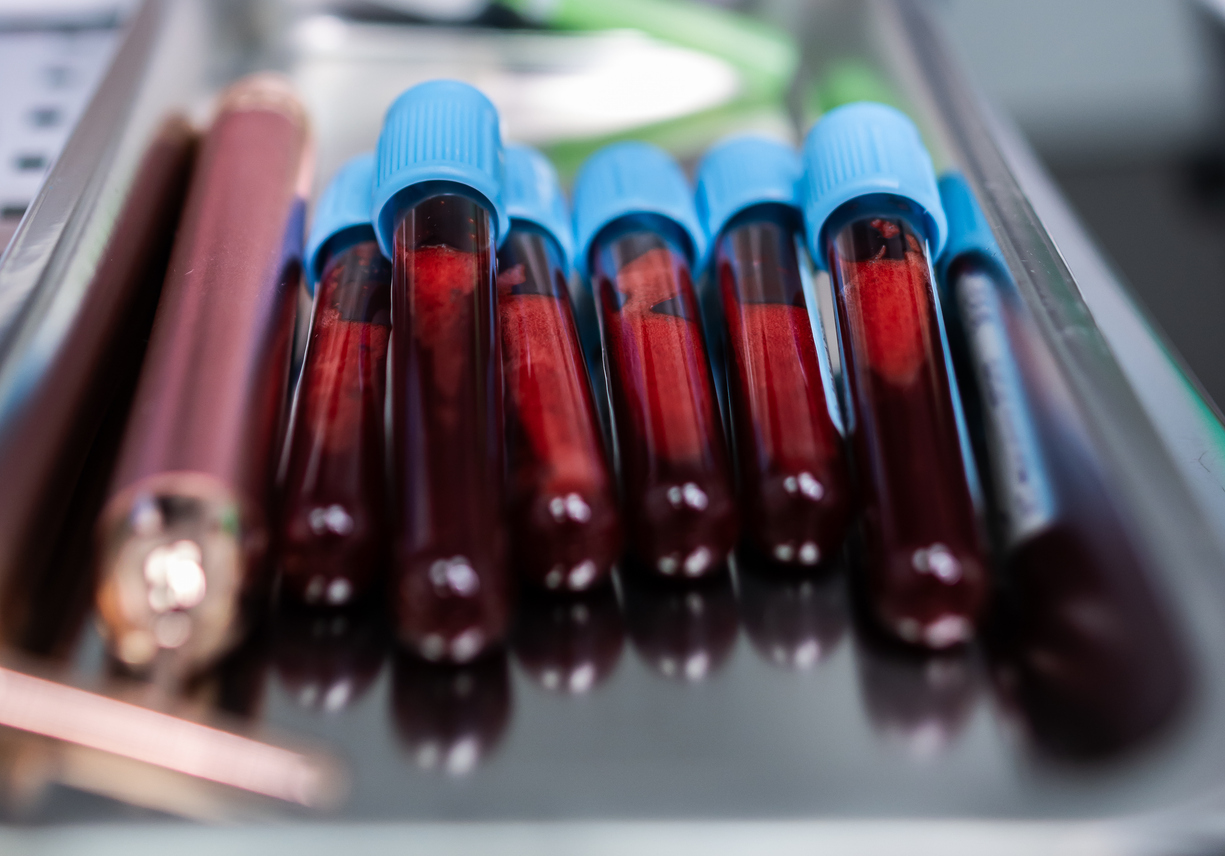What Is Blood Alcohol Content, and What Is the Legal Blood Alcohol Content in California?
Blood alcohol content (BAC) is the amount of alcohol in someone’s blood. When someone drinks alcohol, the stomach and small intestines quickly absorb it and send it into the bloodstream. Because alcohol is a toxin to the body, the liver then filters it out of the bloodstream to protect the body. When someone drinks alcohol more quickly than the liver can filter the alcohol, the alcohol remains in the bloodstream, and the person becomes intoxicated.
California has several levels of BAC that are considered when charging someone with driving under the influence (DUI). The most commonly known is the .08% BAC, which is the threshold for being charged with a DUI for most adult noncommercial drivers. However, there are other categories where the BAC is much lower than .08%.
For example, drivers under 21 (the legal drinking age in California) only have to reach .01% BAC to be considered DUI. Drivers 21 and older who are commercial drivers (including rideshare drivers such as those working with Uber or Lyft) can be charged with DUI if their BAC is .04%.
What Happens When the BAC Is Higher than .08%?
For most adult drivers, .08% is the start of DUI charges. However, in 2006, California added increased consequences for drivers whose BAC is more than 0.15% (or twice the legal limit). This was not a random statistic; about 70% of traffic deaths are related to someone driving with a BAC greater than 0.15%.
A conviction can lead to higher fines, longer jail time, a longer mandatory DUI school requirement, being forced to install an ignition interlock device in your vehicle, and longer license suspensions. But those consequences can be even worse if additional factors were involved, such as the DUI driver being involved in a car accident with other cars and passengers, if there was a minor (under 14) in the car at the time, if the driver was previously convicted of a DUI, or if they were driving with a suspended or revoked license. If you’ve been charged with DUI for a high-level BAC and are concerned about possible additional factors, it’s crucial to work with an experienced DUI defense attorney.
What Are Some Possible Defenses for High-Level BAC?
When a driver is tested and charged with a BAC of 0.15% or higher, it may feel hopeless to build a defense. However, there are possibilities in many cases to develop a defense that can help either remove the charges or lessen them. This is not a complete list, and not every defense works in every case. Talk to an experienced DUI defense attorney about your case to learn what’s possible.
- Check the legal validity of the traffic stop. The Fourth Amendment of the U.S. Constitution says that law enforcement must have probable cause to pull a driver over. That can include things like the driver speeding or breaking other road laws, but it also includes a driver that appears to be driving erratically or unsafely in ways that could indicate impairment. If the arresting officer can’t provide probable cause, or if they don’t follow other requirements (such as reading the Miranda rights to the driver), it may be possible to have some evidence thrown out, which could hurt the overall case.
- Validity of the BAC test. Several factors can cause these tests to be inaccurate, including calibration, machine maintenance, user training, and how samples were collected and stored. The evidence may be invalid when the test is found to have been maintained or handled correctly.
- Rising blood alcohol, mouth alcohol, or medical condition. There are times when someone’s BAC may rise as they’re pulled over compared to when they drove. There are also times when the BAC can incorrectly show higher numbers due to alcohol being present in the mouth or due to medical conditions.
Can I Refuse to Take a Blood Alcohol Content Test from a Police Officer?
Technically, you can refuse, but doing so could complicate and worsen your situation. That’s because California has an implied consent law that states that anyone who drives a motor vehicle in California is presumed to have agreed to testing for blood or breath for evidence in DUI cases. That said, you have the right to refuse the test before being arrested without consequences, but refusing to take the test will likely work against you if you’ve been arrested.
Refusing the test after being arrested can cause a mandatory driver’s license suspension (even if the DUI charges are subsequently dropped). If you’re convicted, there could be additional punishments, such as extra time in jail, longer DUI school term, and lengthier license suspension or revocation periods.
There’s a test called a preliminary alcohol screening (PAS), which may be requested before arrest, and there’s no penalty for refusing it (unless the driver is under 21 or on probation for an earlier DUI conviction).
What Should I Do if I’ve Been Charged with a High-BAC Level DUI in California?
Call Patrick Silva, Attorneys at Law, at 909-500-4819 for a free consultation. Conviction of a high-BAC level DUI can have devastating consequences. We understand how stressful and traumatic this is for you. Our team of knowledgeable, experienced DUI defense attorneys can review your charges and case and help you understand what defense strategy might work and what outcomes may be possible.




